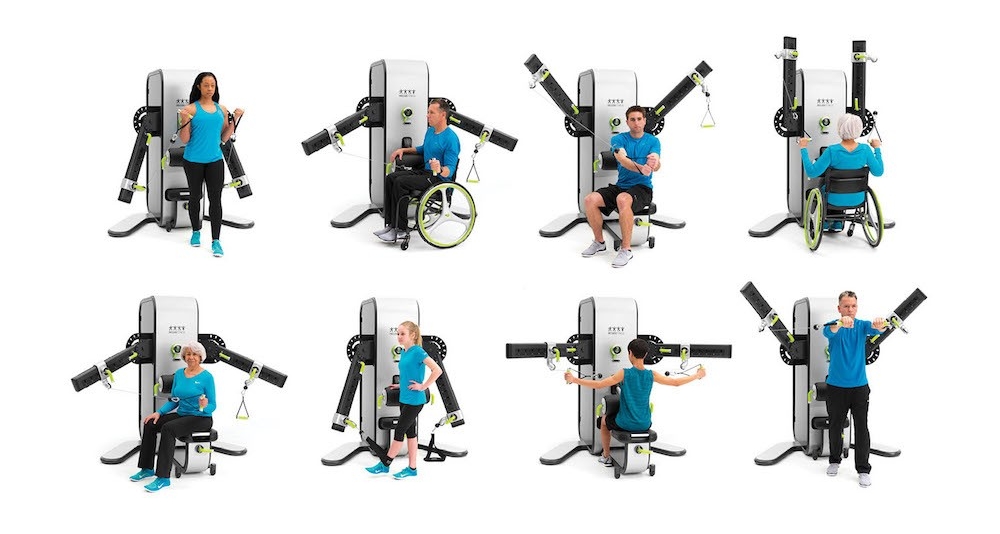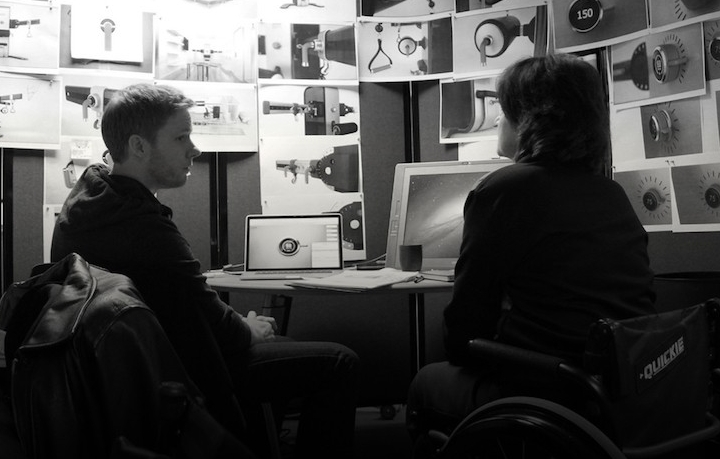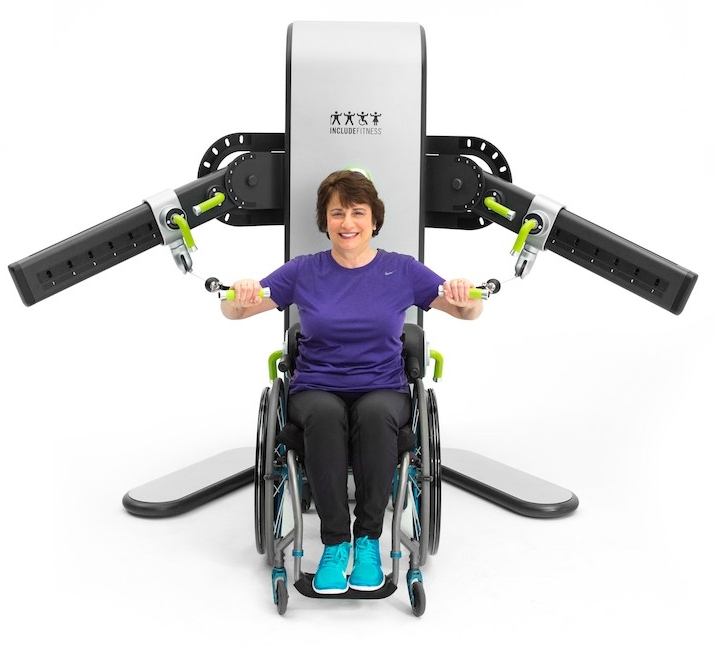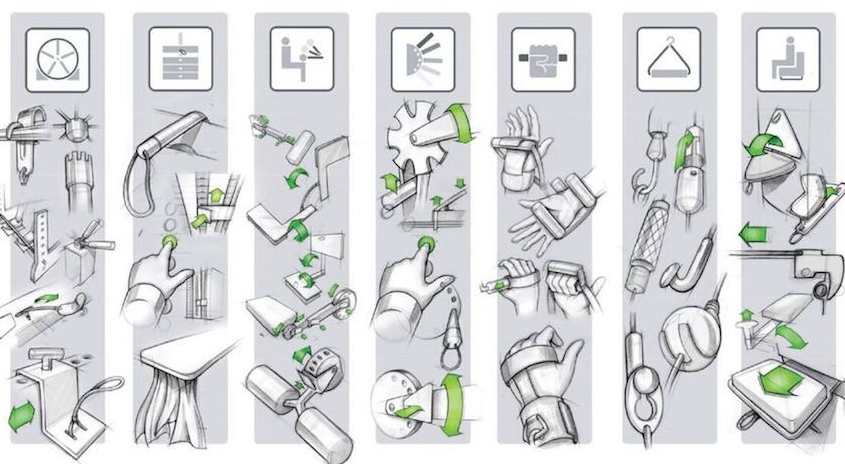For comparison, the following year Apple and the iPhone won the same award for Best in Show. In subsequent years, Nike, Tesla and Microsoft were recipients.
Still, Eder was guaranteed nothing despite winning the prestigious award. He worked on his vision for seven years while also working full time as a designer at Priority Designs in Columbus, Ohio.
Progress came slowly, but surely. “It hasn’t been a full-court press this entire time,” he said. “The first several years were a slow drip process.”
After all, Eder graduated in 2006 and the first preproduction unit wasn't built until 2013.
That type of timeline and commitment is a challenge not every newly graduated design student can hurdle.
“Many students will start out of school with an idea and after a year or so they give it up," said DAAP Professor Craig Vogel “They have to make a choice. [Some] stay with it [and] they do whatever they can to focus on it.”
Eder hopes the commercial launch of Include Fitness will help the people who need it the most, like Rosemarie Rossetti, who was paralyzed from the waist down when a tree fell on her during a bicycle ride.
Rossetti, an internationally known speaker and advocate for universal design and green building, knows how difficult visits to the gym can be for wheelchair users.




